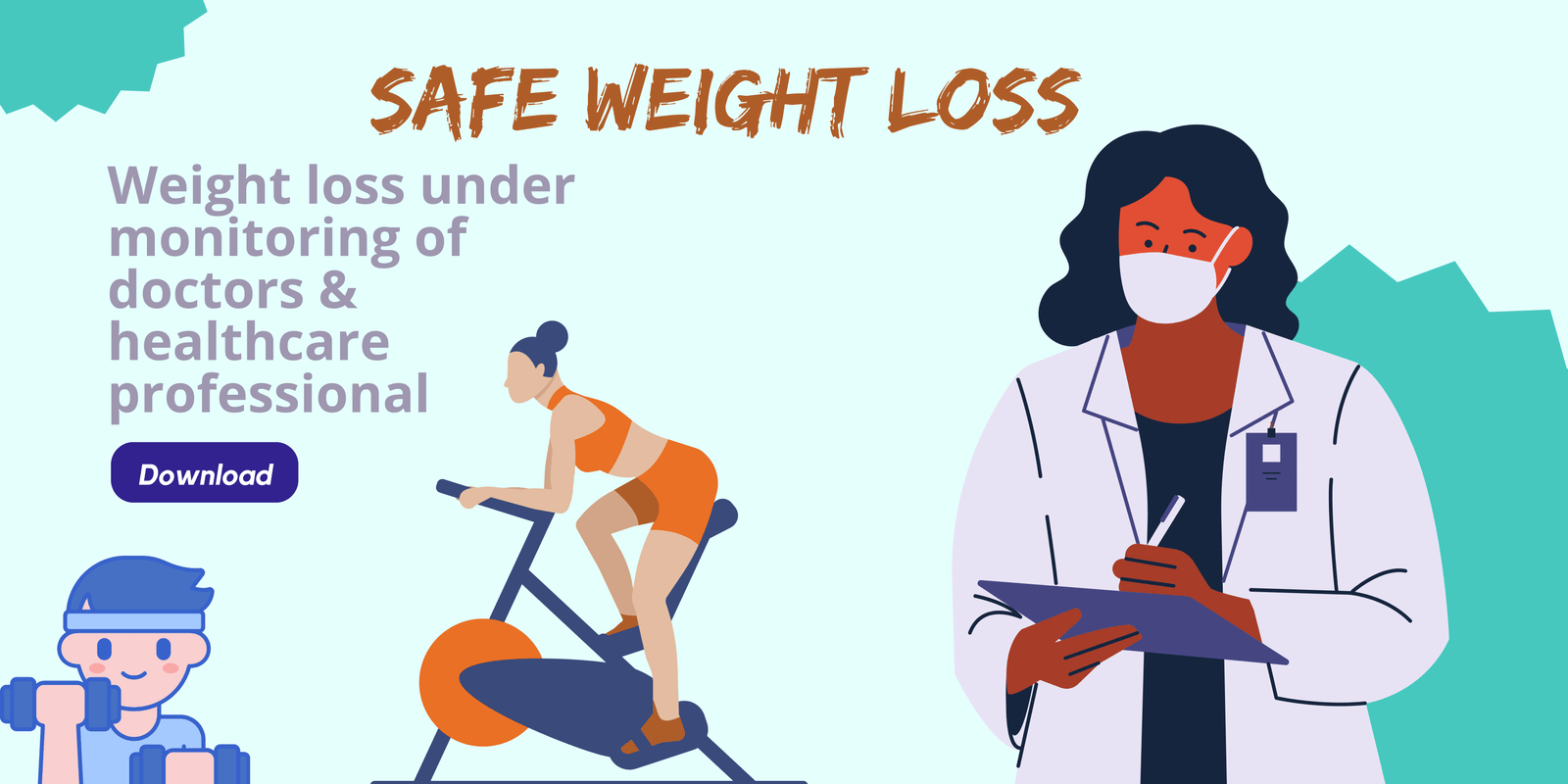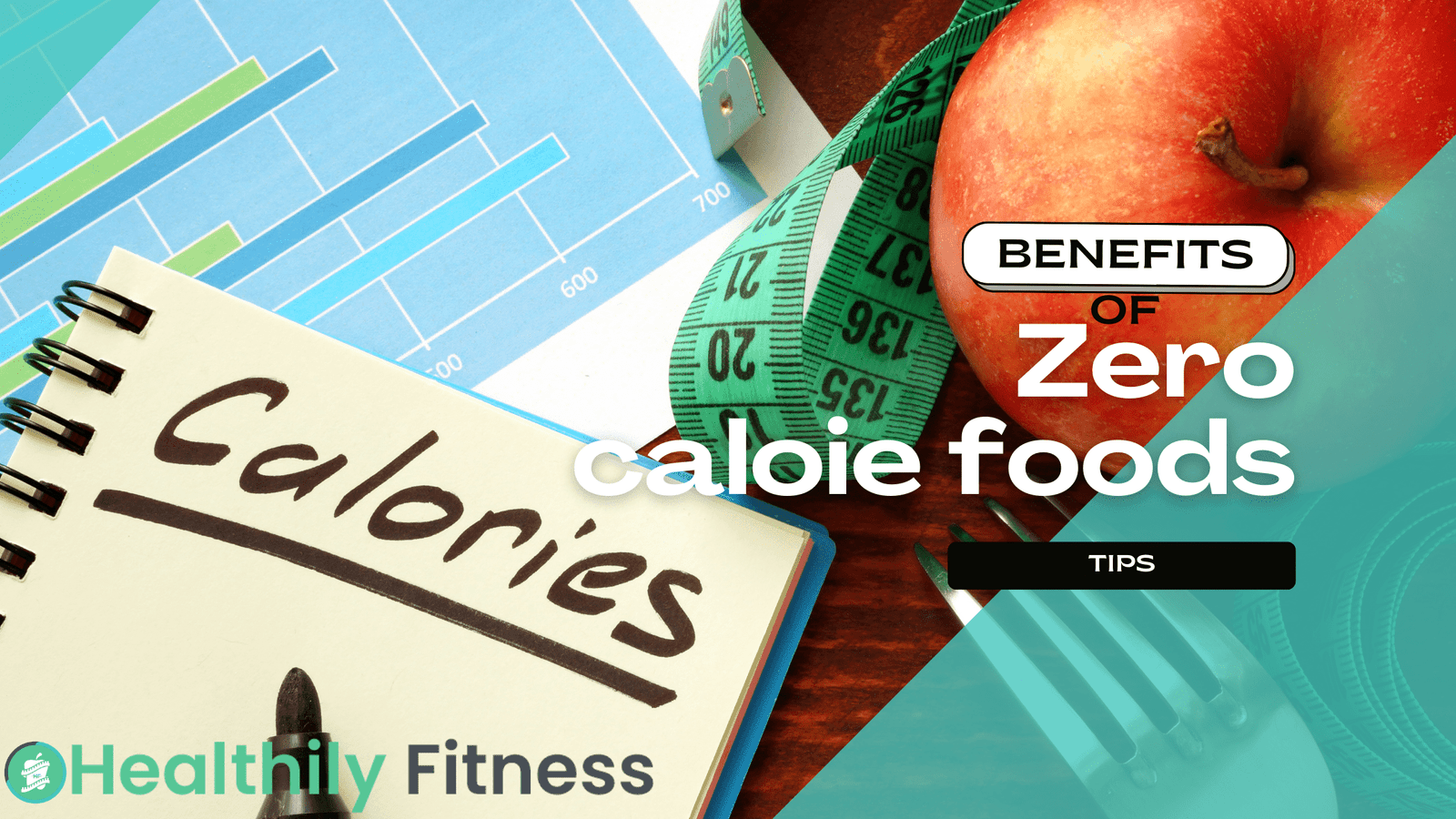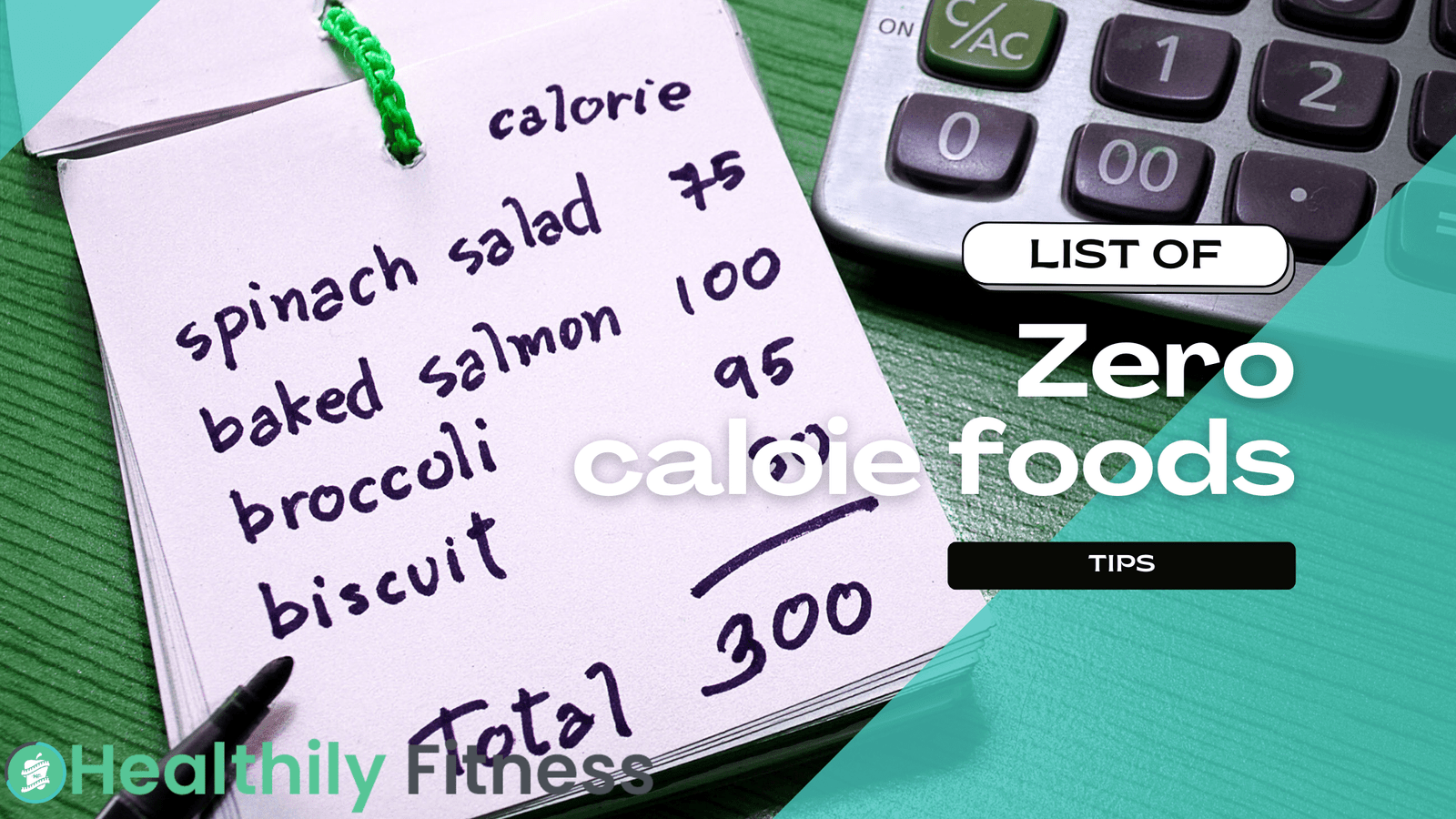Aspartame : The Truth About the Artificial Sweetener ( sugar free products)
Aspartame is an artificial sweetener that is used in a wide variety of products, including diet sodas, sugar-free gum, and many others. It is one of the most commonly used artificial sweeteners in the world.
Aspartame is a zero calorie sweetener, so it does not raise blood sugar levels. This makes it a good choice for people with diabetes who are looking for a way to sweeten their food and drinks without raising their blood sugar levels.
However, aspartame has been the subject of much controversy over the years. Some people believe that it is safe to consume, while others believe that it can cause a variety of health problems.
In this blog post, we will discuss the latest research on aspartame, including the WHO’s classification of aspartame as “possibly carcinogenic to humans” (Group 2B). We will also discuss what happens if aspartame is heated, and some tips for avoiding aspartame.
What is Aspartame?
Aspartame is a methyl ester of the amino acids aspartic acid and phenylalanine. It is 200 times sweeter than sugar, and it is often used in diet foods and drinks to reduce calories.
Aspartame was approved for use in the United States in 1981, and it is currently approved for use in over 100 countries around the world.
Is Aspartame Safe?
The safety of aspartame has been the subject of much debate over the years. Some studies have suggested that aspartame can cause a variety of health problems, including headaches, dizziness, seizures, and cancer.
However, other studies have found no link between aspartame consumption and any health problems.
In 2023, the WHO classified aspartame as “possibly carcinogenic to humans” (Group 2B). This classification is based on limited evidence from animal studies that suggests that aspartame may cause cancer. However, there is no clear evidence that aspartame causes cancer in humans.
The FDA has not changed its safety assessment of aspartame, and it continues to consider the sweetener to be safe for human consumption.
What Happens if Aspartame is Heated?
Aspartame is a relatively stable compound and does not break down easily when heated. However, if aspartame is heated to high temperatures, it can break down into methanol, which is a type of alcohol. Methanol is a toxic substance that can cause health problems, such as headaches, nausea, and vomiting.
In general, it is not recommended to heat aspartame to high temperatures. If you are concerned about the safety of aspartame, you should avoid heating it.
Tips for Avoiding Aspartame
If you are concerned about the safety of aspartame, there are a few things you can do to avoid it.
- Read food labels carefully and avoid products that contain aspartame.
- Choose sugar-sweetened foods and drinks instead of artificially sweetened ones.
- If you do choose to consume artificially sweetened foods or drinks, limit your intake.
- Talk to your doctor about your concerns about aspartame.
Conclusion
Aspartame is a controversial sweetener that has been the subject of much debate over the years. There is some evidence that aspartame may cause health problems, but more research is needed to determine whether or not the sweetener is actually harmful.
If you are concerned about the safety of aspartame, you can choose to avoid it by reading food labels carefully and choosing sugar-sweetened foods and drinks instead of artificially sweetened ones. You can also talk to your doctor about your concerns.
Resources: WHO : Aspartame hazard and risk assessment results released






